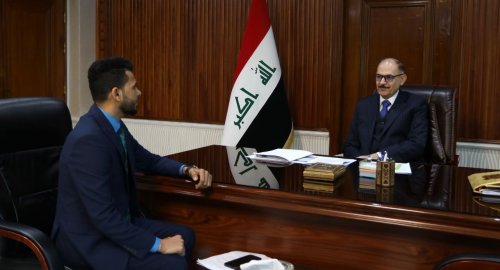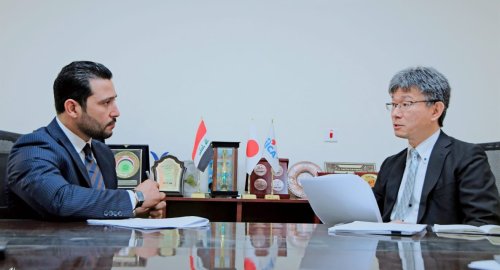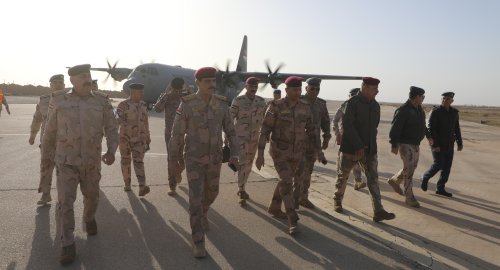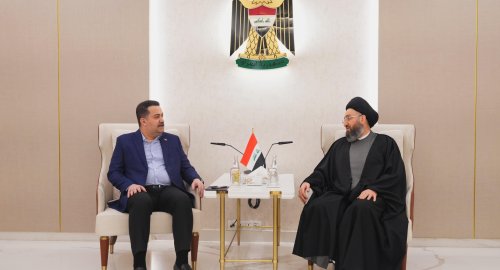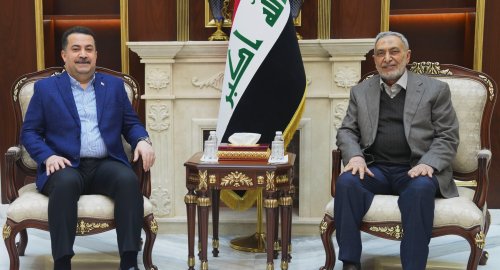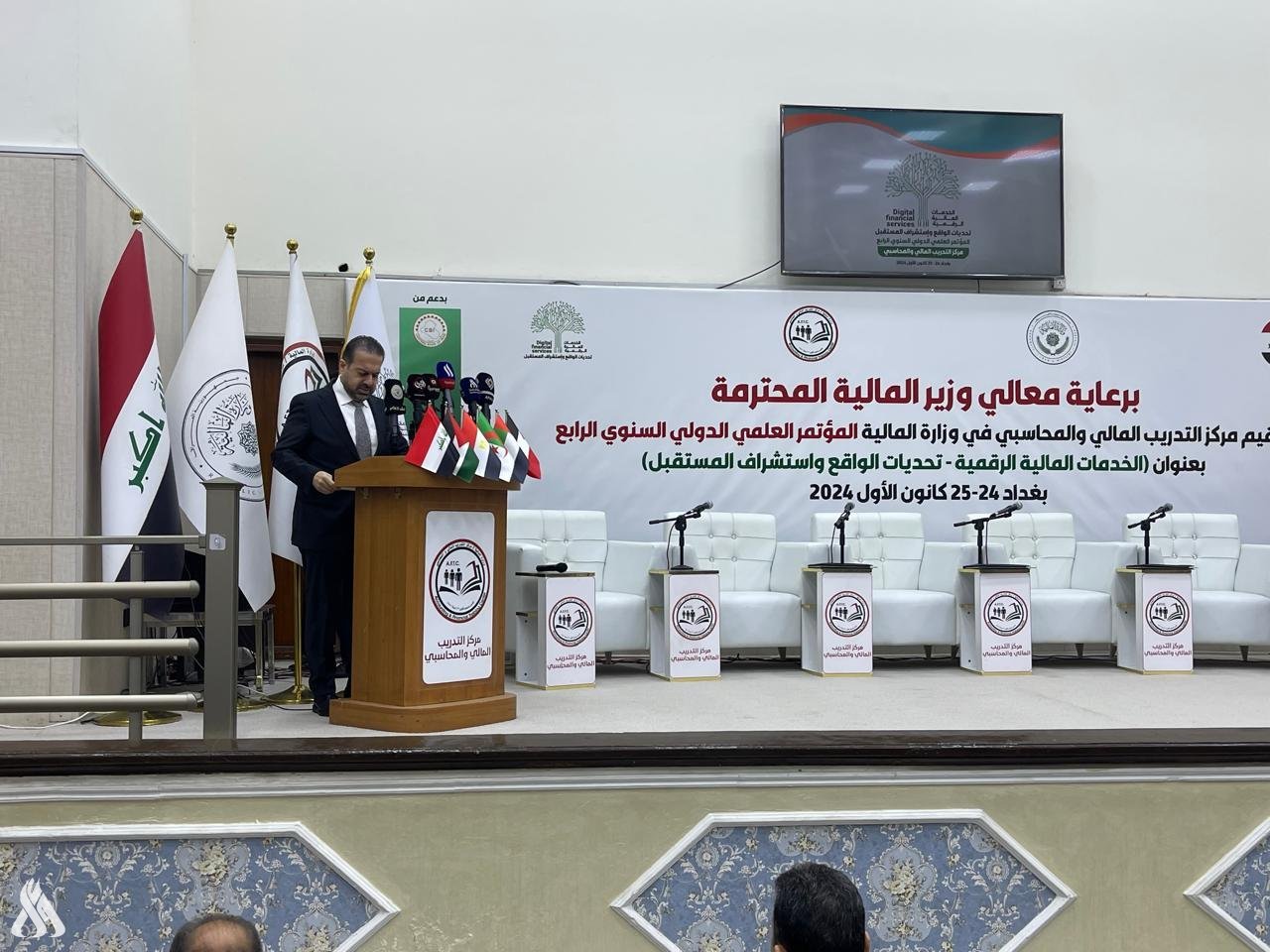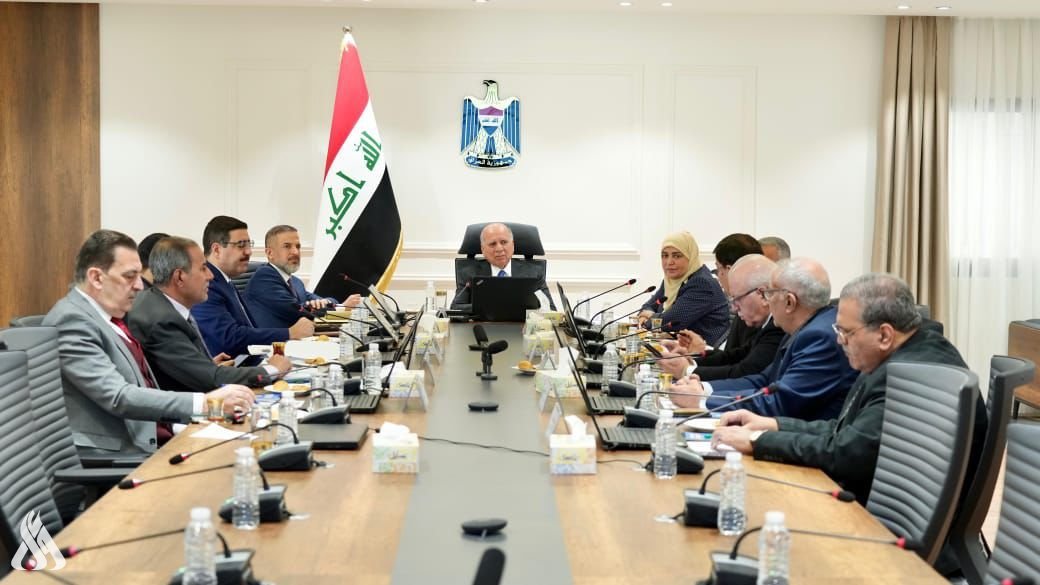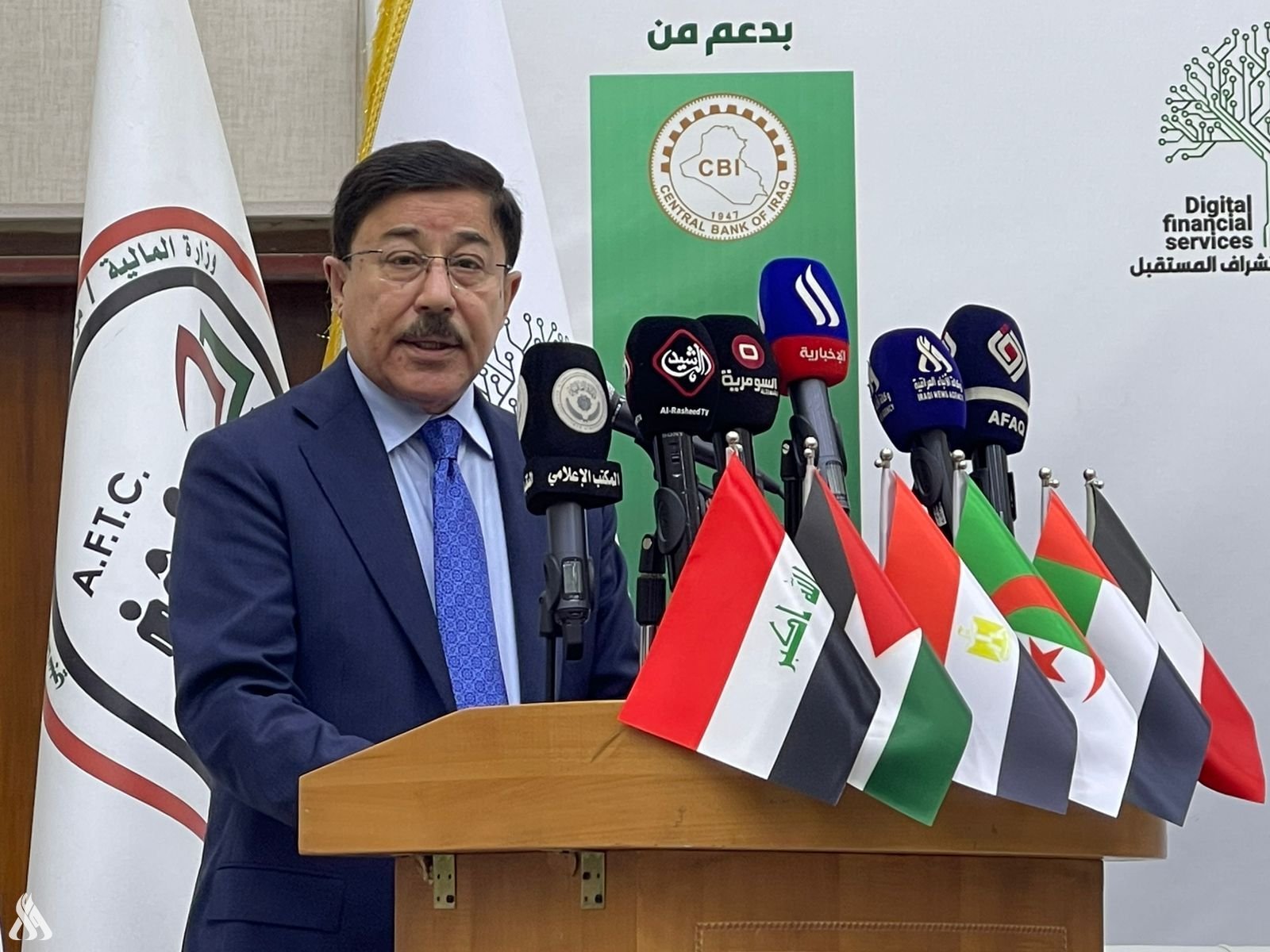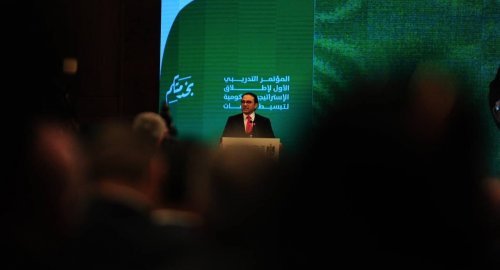
PM's advisor details the government's strategy to streamline services

- 27-01-2024, 19:40
Baghdad - INA
The advisor to the Prime Minister, Chairman of the Committee for Simplifying Government Procedures, Aqeel Al-Khazali, detailed today, Saturday, the government strategy to simplify services, and while he confirmed that it aims into enhancing the efficiency of the performance of executive institutions, he pointed out that this goal is in the interest of development and raises Iraq’s reputation regionally and internationally.
Al-Khazali told the Iraqi News Agency (INA), “The conference to launch the strategic management guide to simplify procedures and facilitate government services, which was approved by the Council of Ministers in its session held on the second of January 2024, is the first of its kind and reflects a positive turning point in the path of vision and Priorities and policies undertaken by the National Service Government.
He added, "The government strategy translated the issue of enhancing the efficiency of the performance of executive institutions as a vital and pivotal pillar intertwined with the government's priorities in its effective ministerial platform, which were combating corruption, unemployment, and poverty, and reforming the financial, economic, administrative, and service reality, in addition to the other main comprehensive sectoral axes targeted by the curriculum.".
He continued, "We are clearly aware of the size of the gaps and obstacles that surround the Iraqi reality in its political, economic, social and financial fields, and we necessarily realize that these gaps are the result of accumulations and wrong and delayed policies that were a natural result of administrative backwardness and that caused citizen fatigue and a deterioration in the productivity of employees and institutions, which it is necessary to take initiative and resolve in formulating a new vision and contexts that enhance the dignity of citizens and root best practices in job performance that target the daily services provided by government departments and public sector agencies in a way that ensures reducing uprooting negative bureaucracy, and improving productivity in order to achieve citizen satisfaction.”.
PM's advisor continued by saying: “Our vision of simplifying government procedures and services is based on a national administrative and value philosophy framed by noble goals that aim to build effective institutions that serve the citizen after decades of decline, laziness and reactionaryism in the administrative performance system and the means and means of providing services to the daily auditors of state departments, and this previous goal is directed towards “Towards achieving appropriate practices in the procedures of government executive agencies and their services available to citizens.”
He pointed out that "the concept of facilitating government procedures and services is not limited to technical returns and economic feasibility only, but rather it carries within it an emphasis on the centrality of the citizen in the development system and its goals, and the renewal that state institutions are examples of serving the citizen," stressing that "improving performance Services carry a developmental and political return that increases investment activity and raises Iraq’s reputation regionally and internationally, in a way that is consistent with its cultural heritage and its political and historical weight.”
He stressed "the necessity of improving this environment to ensure the rehabilitation of the national reality and its ability to embrace economic, investment and development activities through sectoral ministerial councils, the private sector council, and local, regional and international partnership initiatives," pointing out that "the conference is a clear expression of the comprehensive and integrative view that the government understands to develop the pillars of Comprehensive development in all planning, implementation and evaluation through institutions and practices performed by state agencies and public utilities in partnership with civil society institutions, the private sector, and local and foreign organizations.”
Trump asks Supreme Court to pause law that could ban TikTok
- International
- 08:56
PM’s Advisor: Government's vision supports Syria's stability
- politics
- 09:25
Globe Soccer Awards 2024: all the nominees
- Sport
- 24/12/27
